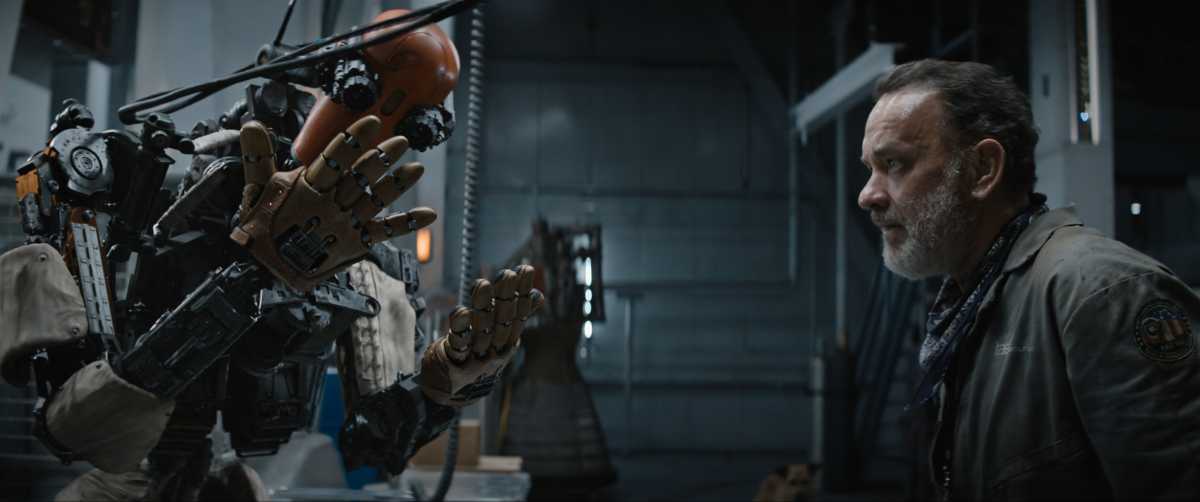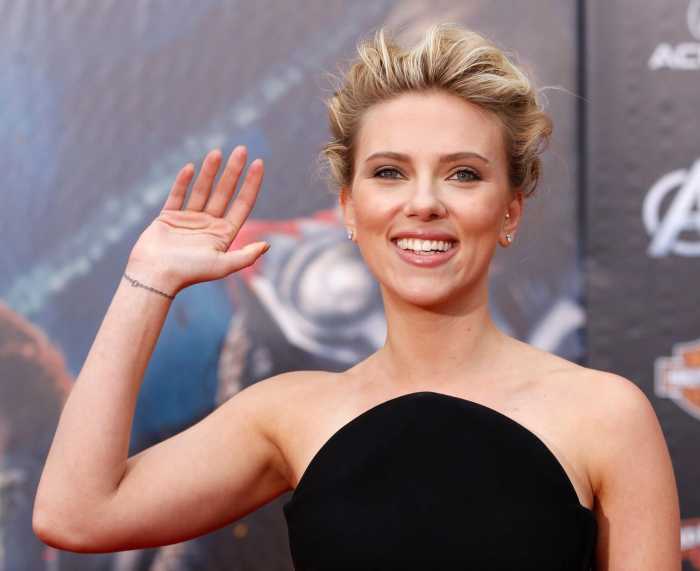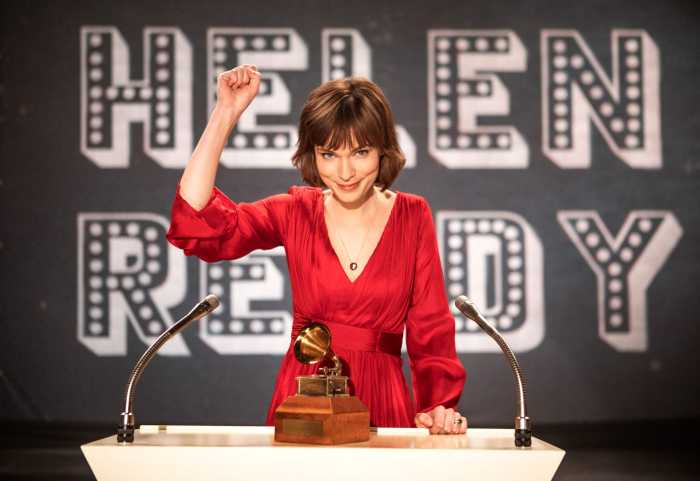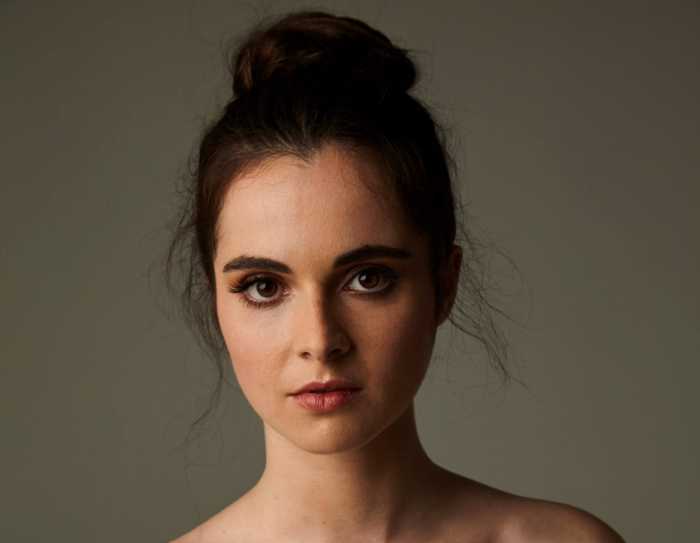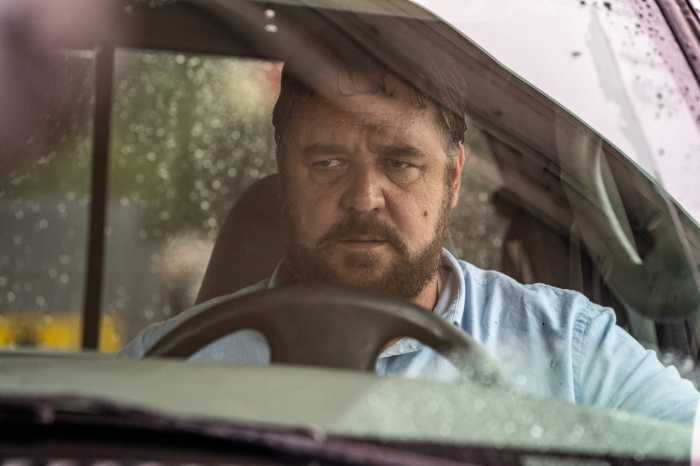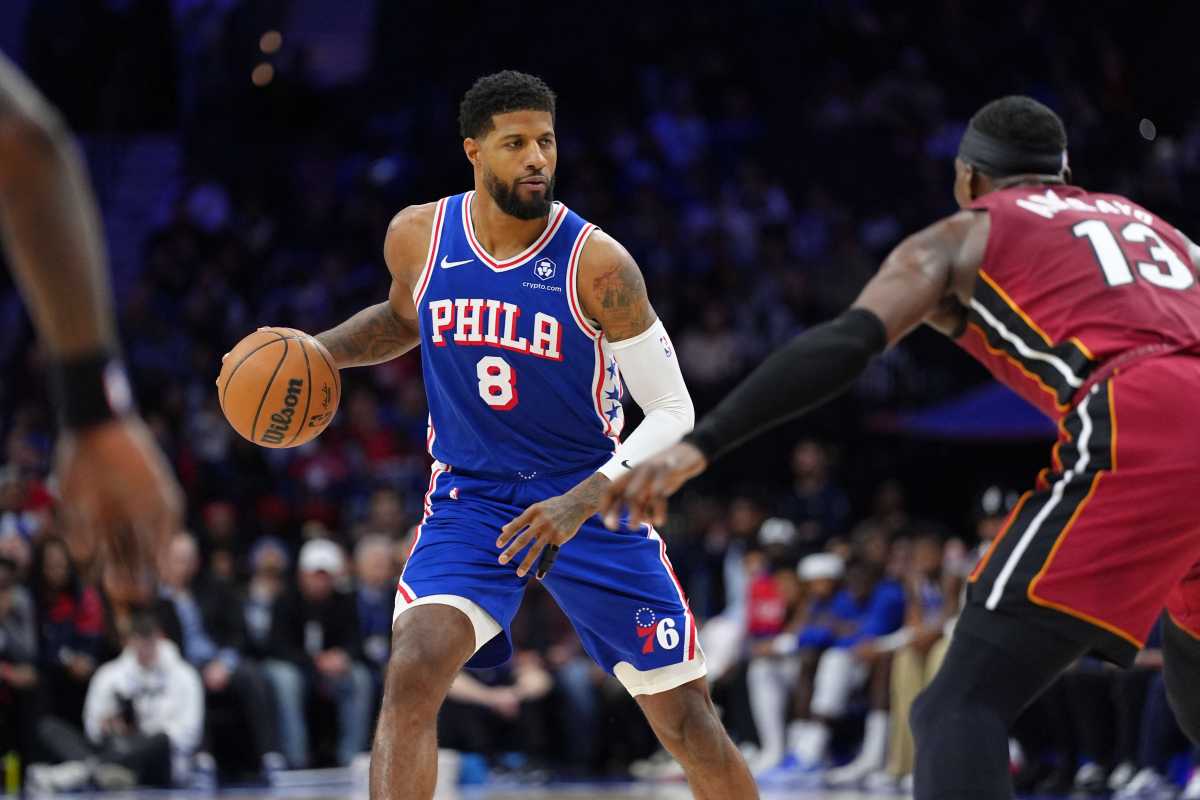In a post-apocalyptic world, Tom Hanks builds a robot in the hopes that this intelligent machine will be able to protect and take care of his dog once he passes on.
That log-line certainly has the base of an emotionally-driven film, but you really need to see ‘Finch,’ AppleTV+’s latest film dropping this Friday to feel the vision of the story—and it’s heartbreakingly beautiful. ‘Finch’ was written by Ivor Powell and Craig Luck, and directed by ‘Game of Thrones’ director Miguel Sapochnik. Although the veteran filmmaker has made a name for himself orchestrating some of the more bombastic episodes of ‘GOT’ (the ‘Battle of the Bastards’ episode is one example) Sapochnik was looking for a different direction for his next project, and it all came together with this script.
Finch (Hanks) has a hardened view of the world due to a less-than happy life living in it, and his love for his dog Goodyear is so compelling that he builds Jeff (Caleb Landry Jones) as insurance that his beloved pet will survive as he inches closer to dying from an illness. It’s through the acting, the compassion and through the conversations the story ignites that lies the heart of this film, but getting there took just as much care and detail as a huge battle scene with hundreds of extras—and Sapochnik sat down to discuss how this meaningful story was able to come to life.
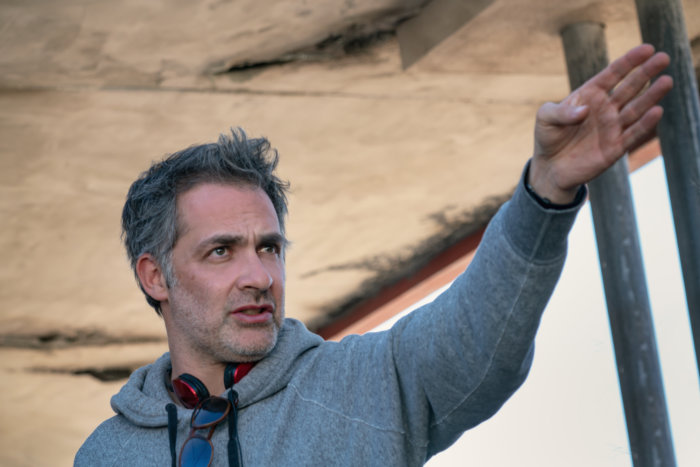
What was it about this story that made you want to direct?
The script was written by Ivor Powell and Craig Luck, and Ivor Powell is a very dear friend who I’ve worked with since I was, I think, 20 or 21. This was a chance for us to make a movie together…So I was pre-disposed to want to make it. [But] then, the subject matter I found touching and involving. Also, I’m at a time in my life where my parents are getting older, my daughter is eight and a half—well she was six when I started making this—and I’ve been seeing a lot of questions raised by them and by me about the way we interact with older people. At the same time, people are getting older and no one wants to talk about getting old. It seemed like an opportunity to bring these two subjects together and maybe get a father and son or father and daughter or mother and son to go to the cinema together and pose some questions to them about how very different the two experiences are of growing up and growing old… And at the same time, how much they have in common.
What went into casting? I personally couldn’t imagine anyone else in the role of Finch but Tom Hanks and with Caleb Landry Jones, how were you able to cast Jeff the robot?
I feel the same way about Tom Hanks—I couldn’t really imagine anyone else playing this part, so that was easy. The fact that he was actually interested was really a blessing. I can’t say I had much to do with that other than being really, really happy that he was interested and me having a great experience with him. With Caleb, there were a series of actors that came in, there were lots of discussions about how we would make the robot work… Did we actually need an actor? You know, all of this stuff that came out. But as we went through the process of building the film, Caleb walked into the audition dressed in this crazy like ’70s suit and he just was so off the wall and so interesting. We brought him back and he did a chemistry read with Tom—and he totally gave Tom a run for his money. He was just fearless. I think there was something about that that really resonated with me in terms of who Jeff is as a character. [With] Jeff, I took a lot off from watching my daughter…The things she said and the things she did. I wanted Jeff not to be a robot, but to be a child and to be smart and intelligent, but also stubborn and naive, and also full of wonder and awe and the anthesis in a way to what Finch is, who is quite a jaded character and has had quite a difficult life. He’s anti-social and he’s been through all of these difficult experiences. So, it was really interesting to see the way these two characters interacted and how much energy there was between them. Sometimes casting becomes a series of choices that you make and situations you find yourself in that become political choices about if you put this person with that person, is that the right combo? Or will this give you the right box office? Here, it was a very simple process. Tom Hanks said I’m interested in a movie, we said great and then Caleb showed up as the sixth or so person to audition and we said we can’t do this movie without Caleb, and that was it.
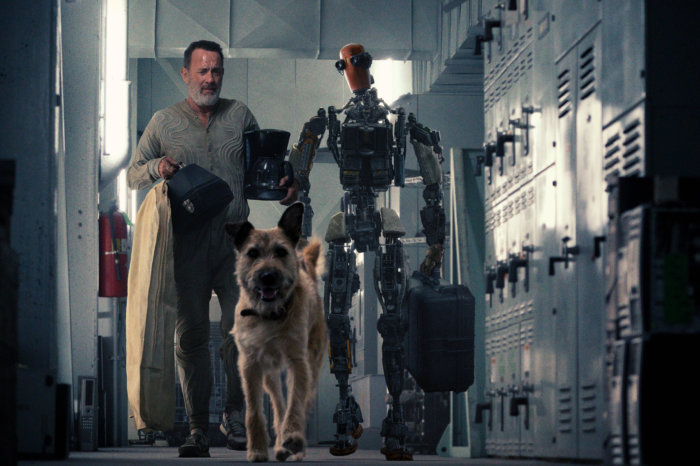
That’s interesting because I wasn’t quite sure how it worked on set in terms of the robot and CGI and filming etc.
[Caleb] was in every single scene that has Jeff in it. We put him in a special suit, we put him on stilts that were 9 inches and we gave him a mask so he looked like Jeff and gloves so that his hands were like Jeff’s hands. Then he basically was Jeff all the time, so Tom didn’t act to a void. He acted with another actor which was really important because I was very keen that we make this a family drama and the choices about how we filmed it were as if we were filming a family drama. I think it would be very difficult to do that if you were overwhelmed by all the visual effects requirements. So, the process of making the film was connected very organically with the feeling we wanted people to have when watching the movie at the end. So, Caleb was there all the time… There was one time it was an animatronic puppet, [but] Caleb was sitting underneath the table doing all the lines.
Going from working on a huge battle scene in a show like “Game of Thrones” to a movie where it’s really all centered on these two actors, as a director, what is that like for you? Does it exercise different creative muscles for you?
Absolutely, and it’s different emotional muscles as well. Making a film is a long, lengthy, relatively arduous process and you have to live with it every day. So when you do 55 nights of standing in mud and rain and hundreds of extras and a huge ensemble cast—it’s exhausting. So, it’s quite nice to make a shift, and I was looking specifically [for] a compliment to what I had done so I could do a different experience. The journey is the destination and I think it’s really important for me personally to make something that felt like a respite from what I had been doing for four years in two seasons. It’s nice to have variation.
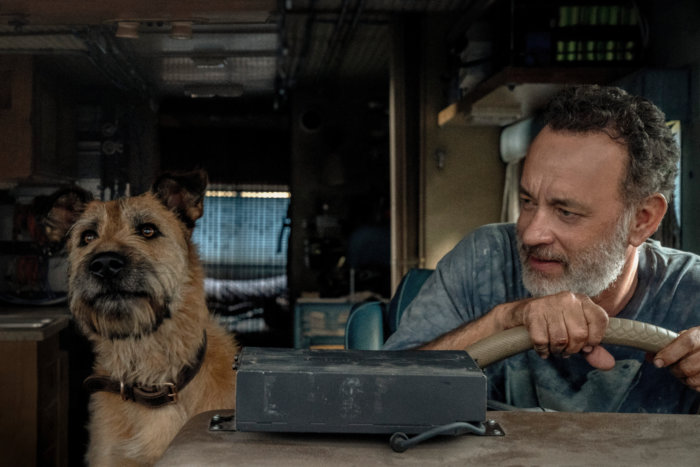
‘Finch’ premieres on AppleTV+ Nov. 5.



